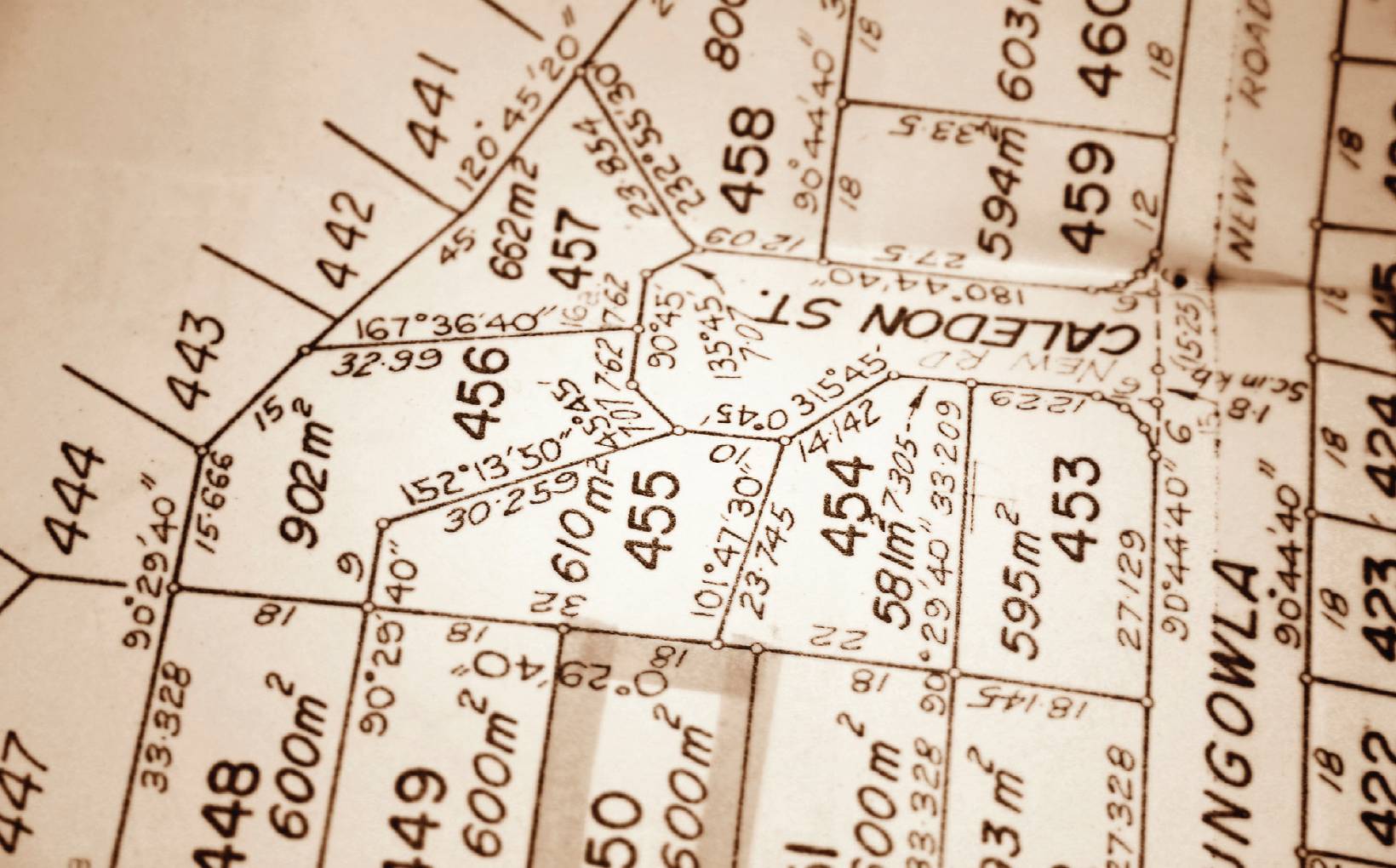Conveyancing update
Conveyancing update: changes to local land charges explained – Part 2
HM Land Registry’s plans to give effect to the proposed changes under the draft Local Land Charges Rules 2017 are discussed in this article.1
About the author
Mangala Murali GCILEx specialised in land law and conveyancing, and worked at HM Land Registry for over 20 years.
The proposal to transfer the provision of local land charges searches to HM Land Registry has been on the cards for a while. The initial steps in the process were mooted in the January 2014 consultation document, Land Registry: wider powers and local land charges.2
Following responses to the consultation from the government, stakeholders and interested organisations, a further consultation was published in May 2016, Land Registry: Local Land Charges Rules.3 The Local Land Charges Rules 2017 were expected to come into force on 6 April 2017.4
HM Land Registry’s plans for the implementation of these changes have raised concerns among stakeholders that responded to the later consultation.5 The concerns included the following:
- The lack of detail around the process for data transfer.
- The accuracy of data during the transfer and who will be responsible for the cost of liabilities for errors to purchasers and lenders.
- The incremental roll-out of the transfer process was both good and bad, for example, the Council of Mortgage Lenders is supportive of the transfer in stages as it is likely to mitigate the impact of failures of data transfers. However, stakeholders believe that they do not have adequate information on how the roll-out will be executed. For example, which local authorities will be first in the roll-out or how the roll-out could be tracked for those searching the registers during the process. This information is useful to avoid unnecessary delays in conveyancing.
- Conveyancers will have to work concurrently, with the existing and incoming legislation, until the roll-out is complete. This could be complex and may contribute to errors and conveyancing delays.
- The Local Land Charges Institute (LLCI) feels that the proposal lacks a credible implementation plan and timetable. According to LLCI, the impact and costings provided in the impact assessment are partial and unrealistic. LLCI wants HM Land Registry to do a comprehensive, independent assessment of all local authority businesses, and other costs associated with the changeover, and to bear the costs of these processes.
- The Society of Licensed Conveyancers envisages that there will be considerable disruption to the property market during the centralisation process, and this could be significant owing to the incremental roll-out of the proposal.

HM Land Registry is pressing ahead with implementing the transfer of searches: work will begin in earnest from this year. The Local Land Charges registers of the 326 English local authorities will be replaced by HM Land Registry’s single digital register by 2023.6 Is the transfer worthwhile considering the improvements local authorities have made over the years to their working practices? Many local authorities provide digitised search results, and the practice will become wider in the future. They have been processing local authority searches from days immemorial, and the plans to transfer this practice gives one the impression that HM Land Registry is taking away what rightfully belongs to local authorities.
In the author’s view, efforts to take on Local Land Charges searches without the CON 29 makes the entire scheme appear piecemeal. Stakeholders could not emphasise enough that both processes should go hand-in-hand. If HM Land Registry does not heed stakeholders’ views, this is an issue that is likely to cause problems going forward.
The draft Local Land Charges Rules 2017 were expected to come into force on 6 April 2017, but, at the time of writing, the Rules were not yet available
The incremental approach to the transfer process is both good and not so good. While it will give local authorities sufficient time to get acclimatised to the changes, it may be confusing for conveyancers and others who deal in properties to have to communicate with local authorities and HM Land Registry simultaneously for search results.
HM Land Registry is already grappling with its processes for making e-conveyancing a possibility in the future. This project has been delayed for a variety of reasons, including the 2008 property market crash, and taking on additional responsibility in the form of Local Land Charges searches may hamper the plans for e-conveyancing even further.
HM Land Registry’s takeover of the services would invariably lead to job losses and redundancies, in addition to revenue losses to local authorities in fees obtainable through searches. How will HM Land Registry compensate this?
HM Land Registry has expanded its digital services substantially in recent years, and the processing of local authority searches may be just another cog in its wheel. HM Land Registry has done substantial groundwork to get this process up and running, and is confident of its long-term success. Only time will tell how well this will integrate with other services offered by HM Land Registry.
- See Mangala Murali, ‘Changes to local land charges explained – Part 1’, (2017) April CILExJ pp22 and 24.
- Available at: http://tinyurl.com/hq6ctun. See also, Land Registry Local Land Charges Rules consultation: supplementary information, May 2016, available at: http://tinyurl.com/jc72klu
- Available at: http://tinyurl.com/gm93nkz
- Readers should note that the draft Local Land Charges Rules 2017 were expected to come into force on 6 April 2017, but at the time of writing the Rules were not yet available.
- Land Registry. Consultation on Draft Local Land Charges Rules 2017: summary of responses, October 2016, available at: http://tinyurl.com/jeu4soo
- The digitisation and migration of data from the Welsh local authorities will be dealt with as a separate piece of work, see Land Registry: Local Land Charges Rules, p9, available at: http://tinyurl.com/gm93nkz and see Gavin Curry, ‘Gesche brings local authority perspective to Local Land Charges’, Landnet, 20 December 2016, available at: http://tinyurl.com/k7kbby9